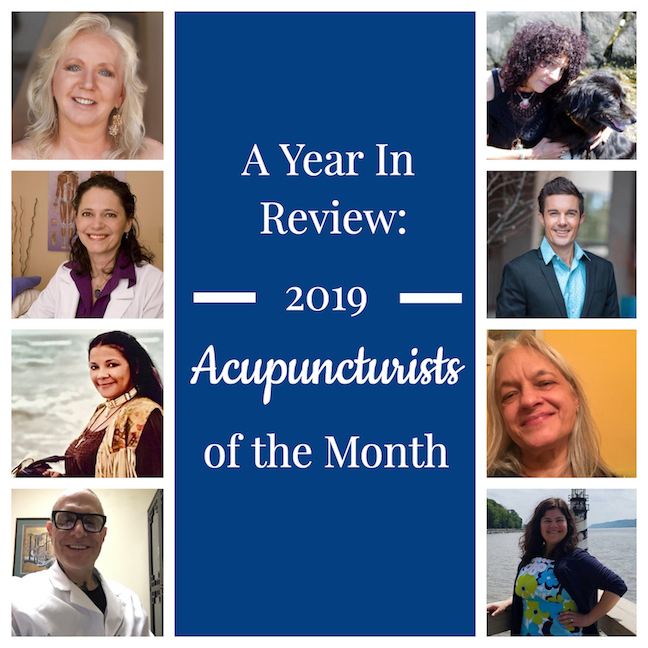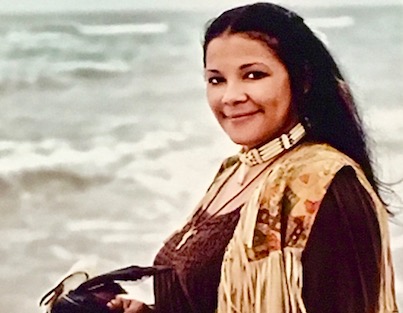…and What We’ve Learned
In 2019, ACE decided to feature acupuncturists to share their experiences, expertise, and knowledge of practicing Acupuncture & Traditional Chinese Medicine. Sometimes, the best way to grow within a profession is to learn from your fellow colleagues, and hear how they help and achieve results for patients. This year we interviewed some amazing acupuncturists, each of which was packed full of insight, skill, and accomplishments. As 2019 comes to an end, we are taking a look at the highlights of “Acupuncturist of the Month” interviews to set ourselves up for exponential growth in learning from one another as professionals in the year ahead of us.
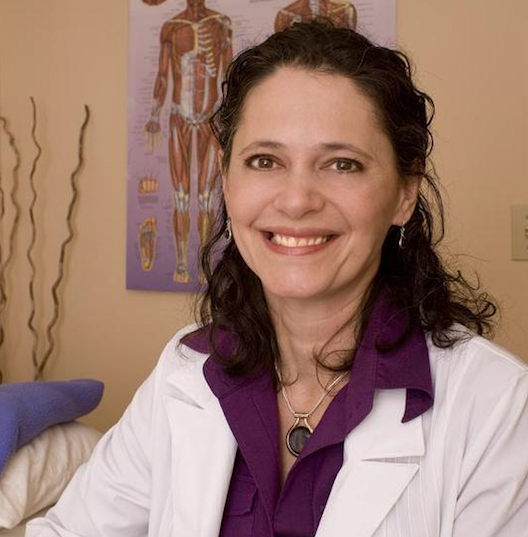
Ann McKinney, L.Ac
Ann is a licensed acupuncturist in the state of Massachusetts and a Diplomate of Acupuncture with the National Certification Commission of Oriental Medicine. She is also a certified reflexologist and certified NAET provider.
“When people are in pain it shows on their faces and they are very unhappy so to see the light come back in their faces and hear them laugh is amazing”
What conditions or illness have you had good success in treating with acupuncture, and why?
I love treating musculoskeletal conditions – I took a sports medicine program which uses motor points to help with various problems – tennis elbow, frozen shoulder, sciatica, etc., and have found those points to be very effective.
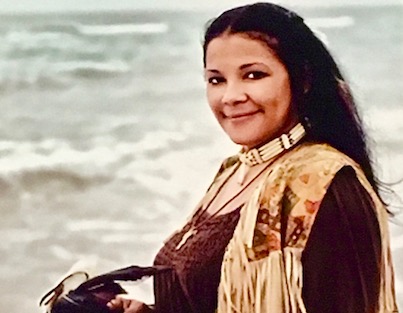
Dr. Sandra Carter, L.Ac
Sandra is a licensed acupuncturist and Native American Shamanic healer of the Lumbee Nation of North Carolina, and the first and only Dr. of Chinese Medicine in her tribe. She trained in China in 2007 & 2012, and she is also a Reiki Master and Metaphysical Practitioner.
“When you are persistent in working hard to obtain the dreams you have been given, you will reach your goal. Continue to love yourself & invest in yourself!”
What are your favorite acupuncture points, and why?
My favorite points to use are LI 4, LV 3, ST 36, and SP 6. These open up the channels and nourish at the same time.
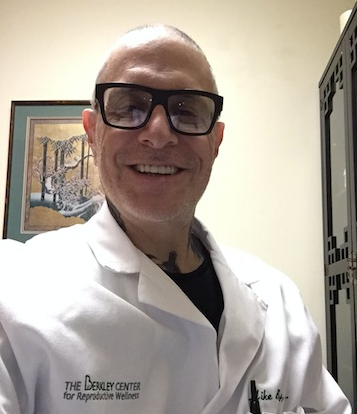
Mike Berkley, L.Ac, FABORM
Mike is the founder and director of the Berkley Center for Reproductive Wellness, and a licensed & board-certified acupuncturist in New York. He is also certified in Chinese herbology by the National Certification Commission for Acupuncture and Oriental Medicine (NCCAOM). Mike is the first acupuncturist/herbalist in the U.S. to work exclusively in the field of reproductive medicine.
“This is the archetype for my patients: renewal. They will rise in success; they will soar; they will become pregnant; they will be renewed!”
Are herbs an integral part of all of your infertility treatments or are they used sparingly on a case-by-case basis and why?
Herbs, ideally, should be used in every case. Acupuncture is done (at The Berkley Center for Reproductive Wellness), twice weekly. However, when my patient is taking herbs, they are, essentially, getting treated daily. Acupuncture works from the outside-in, herbs work from the inside-out. In other words, herbs are ‘internal medicine’. Acupuncture is great at stimulating blood flow (to the ovaries or testes), for example. But herbs are nourishing and regulating. This means that herbs can often regulate poor hormonal profiles and assist in regulating ovulation and improving egg and sperm quality.
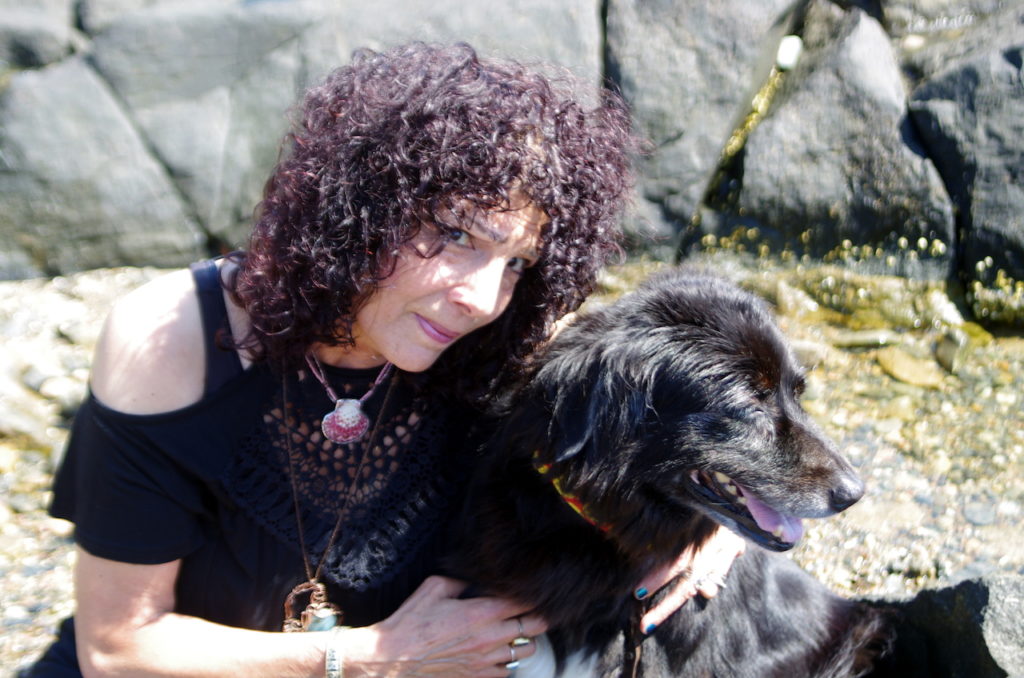
Jeanie Mossa, MS, L.Ac
Jeanie is a licensed acupuncturist in Massachusetts and Virginia as well as a Chinese herbalist living in Salem, MA. She has a masters in Traditional Oriental Medicine and also a certification in Animal acupuncture, and has been treating dogs (and humans) with holistic medicine for 25 years. She has also published 4 books on traditional Chinese & holistic medicine and theory.
“The amazing thing is that most owners will go get acupuncture themselves after seeing how well their pets have responded to it.”
You have written 4 books, which is pretty impressive! For acupuncture students who have an interest in veterinary acupuncture, is there a particular book you recommend as a must-read?
Thank you. I cannot pick just one book. I would highly recommend reading every book you can on the animals you want to treat, even if they have nothing to do with holistic medicine. Learning about the nature of the animal can be very helpful. Since dogs are my forte, I recommend “How To Be Your Dog’s Best Friend” by the Monks of New Skete.
For veterinary acupuncture “Four Paws, Five Directions” by Cherly Schwartz
And if you can find the vintage “Veterinary Acupuncture” book by Alan M. Klide & Shui H. Kung it has some amazing old animal acupuncture charts and information in it
The Well Connected Dog by Amy Snow and Nancy Zidonis is a great tool for acupressure/acupuncture points.
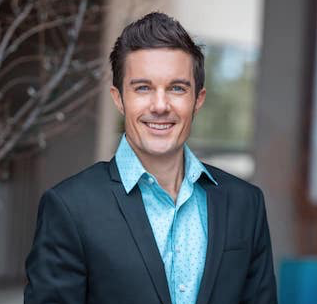
Jordan New, L.Ac, MSAOM, Dipl., O.M.
Jordan is a licensed acupuncturist and herbalist in Denver, Colorado and is the founder and CEO of New Vibes Health and Acupuncture. He has been involved in the health and fitness industry since 2004 and specializes in healing bodywork, Chinese medicine, herbs, nutrition, massage, reiki, yoga, Qi gong, and meditation.
“It became clear to me that Chinese medicine is intuitive and as practitioners, we must listen to the body”
Sometimes, the best resource for improving our skills is by learning from the other acupuncturists we meet along our professional journey. What is one thing you learned from a fellow acupuncturist or other holistic practitioner, that has helped you in your professional growth, or in your care for patients?
I have studied with some of the great masters in a technique called Engaging Vitality. Using this approach is another way that I listen to the body, while using far less needles and achieving much greater results.
On the business side of things, I have studied with Spence Pentland from Canada. He has an excellent online business training course for acupuncture clinics called The Golden Cabinet. One of the greatest things I learned is to increase patient value as much as possible. This will keep them coming back, and willing to pay more.
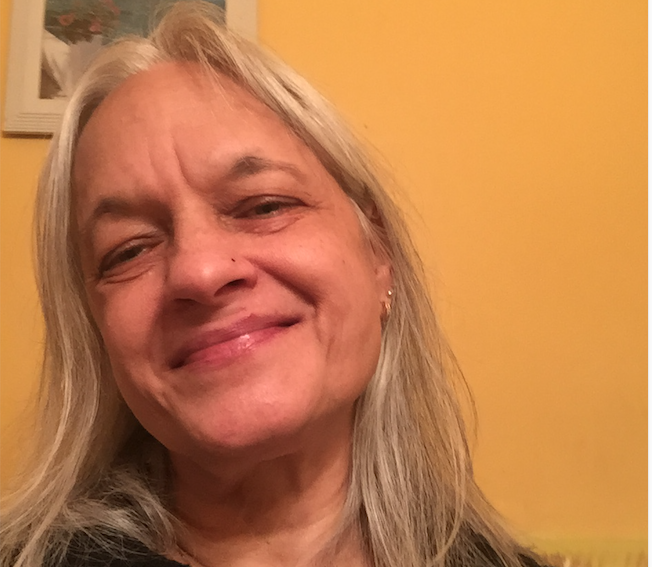
Mary Denison, L.Ac
Mary Denison, L,Ac holds a Masters degree in Oriental Medicine, and her training includes Traditional Chinese Medicine, Cosmetic Acupuncture, cold laser acupuncture, and PEMF (Pulsed ElectroMagnetic Field) therapies. She also currently uses the AcuGraph Digital Meridian Imaging Technology, which is a computerized tool used to analyze and document the energetic status of the acupuncture meridians. Additionally, Mary holds over 32 years of experience as a massage therapist, and foot reflexology, and is an Advanced Practice Licensed Esthetician.
“I tell them honestly that I don’t always know what is going to happen when we get to those deeper layers, but I DO tell them I know they will change. And, it will be for the better.”
About how long does it take for clients to see results with Mei Zen Cosmetic Acupuncture?
I recommend a package of 10-12 sessions, two times a week for 5-6 weeks. I offer a 30 minutes, free consultation to recommend what I think they need to make a change. I need to see them face-to-face to make my determinations, but the 10 sessions are the minimum, and they must be done close together because they build on each other, or it is a waste of time.
Typically, the client can see a change by the fourth visit – so, in two weeks. What they may see first is the cheek area smoothing out. As skin begins to tighten, it will decrease the fine lines and wrinkles.
Deeper wrinkles will diminish, but may not disappear completely. It is important to understand that this is not the same as surgery. Surgery will stretch the skin, and you can do that only so many times before you get the mannequin look.
Cosmetic acupuncture will produce other changes, as well.
For example, it can improve muscle tone, reduce puffiness, help with rosacea or acne, and moisturize the skin and even out skin tone due to an increased circulation of blood and lymph to the face. During the sessions, clients will also receive acupuncture to the body, which will help circulation and open up passageways, and specific points may be needled to make an affect to certain areas of the face and neck. So, in essence, the client is receiving two treatments in one session. Every time.
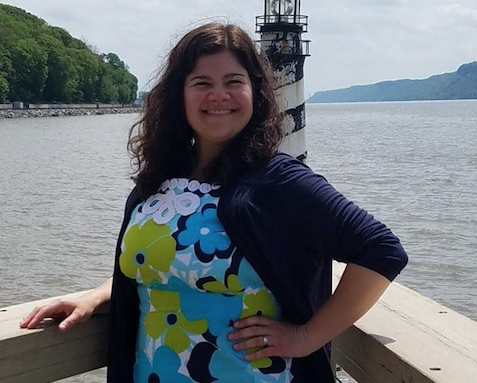
Bethany Leddy, L.Ac
Bethany is the creator of Elemental Acupuncture, a specialized acupuncture technique developed through her 17 plus years of practice. She holds a masters in oriental medicine from South West Acupuncture College and studied Buddhism, mindfulness, and meditation at Naropa University. She incorporates mindfulness techniques, nutritional supplements, recommendations, and herbal medicines in her practice.
“It absolutely and undoubtedly works. It changed my life. It has changed the lives of millions of people. It has stood the test of time over thousands of years.”
Elemental Acupuncture… Tell us more about it, how did you come up with this idea and what lead you to that?
I feel very blessed to have studied at the Boulder Branch of South west acupuncture college. We had an amazing group of teachers who offered us a solid base in Japanese acupuncture, TCM, and five elements: Michael Young who taught a more Japanese approach and embraced extraordinary meridians, kampo and auricular acupuncture, Soma Glick who taught us both pediatrics and Five Elements, and Jiayu Jiang and Daisy Dong who created a solid TCM foundation.
Southwest really offered us an integrated education which was a great spring board to launch into treatment. Through my many years of feeling the pulse and testing acupuncture points against them I have really developed a new understanding of the way acupuncture effects the body. I think a practitioner should always feel the pulse before, during, and after the treatment. If you aren’t effecting change in the pulse then you aren’t energetically changing the system. Testing acupuncture points against the pulse allows the practitioner to create a totally individualized point prescription for that patients.
For instance, if the heart pulse is excessive but not floating (wind invasion) and the patient has difficulty sleeping do to restlessness then I think about what controls fire? It is water, so I will test HT3 and KI10 the water points to control the fire instead of just using the classic rx of Ht7 and KI3. If it tests well with the pulse and settles the HT pulse then I continue to test other points to balance the Pulse.
Acupuncture is really all about balance of the internal energetic system and the radial pulse is the best gauge for assessing the energy.
Thank You to all of our Acupuncturists
Well, that’s a wrap!
We learned so much from our fellow acupuncturists this year, and had a great time learning about their specialties and triumphs as acupuncture providers, and as individuals.
The next year of acupuncturists is sure to bring in providers from all walks of life to give us more takeaways in 2020.
Until then, have a very happy new year from all of us at ACE, and as always, take care of each other.
